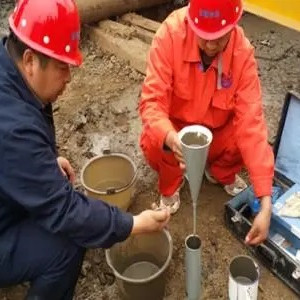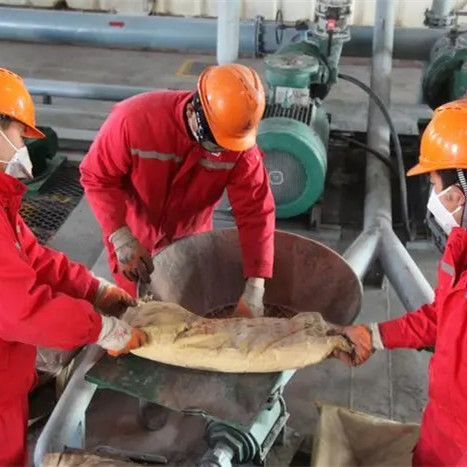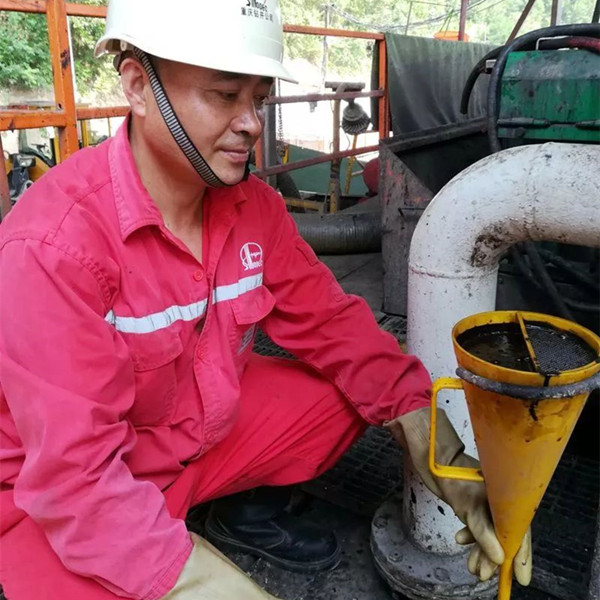The following are some common application cases of Polyanionic Cellulose in drilling fluid:
1. Drilling fluid to improve the pressure bearing capacity of the formation: containing water, bentonite, low-viscosity polyanionic cellulose, lignite resin, high-temperature and salt-resistant fluid loss reducer, silanol inhibitor, inorganic micro-nano rigid particles and emulsified asphalt. Based on 100 parts by weight of water, the content of each component is 2-9 parts by weight of bentonite, 0.1-1.0 parts by weight of low-viscosity polyanionic cellulose, 1.0-5.0 parts by weight of lignite resin, 0.1-2.0 parts by weight of high-temperature and salt-resistant fluid loss reducer, 0.1-2.0 parts by weight of silanol inhibitor, 0.5-5 parts by weight of inorganic micro-nano rigid particles, and 1-10 parts by weight of emulsified asphalt.
2. Solid-free circulatory microbubble drilling fluid: add 1-2 grams of NaOH, 3-5 grams of xanthan gum XC, 3-5 grams of polyanionic cellulose PAC, 10-20 grams of modified starch, 1-6 grams of foaming agent BZ-MBS-1, 1-6 grams of foam stabilizer BZ-MBSF-1, and 60-80 grams of lubricant per liter of clean water. Among them, the foaming agent BZ-MBS-1 is a mixture of sodium dodecyl sulfate, sodium dodecylbenzene sulfonate and sodium tripolyphosphate with a mass ratio of 6.5:3:0.5; the foam stabilizer BZ-MBSF-1 is a mixture of silicone resin polyether emulsion and dodecanol with a mass ratio of 7:3.
When preparing drilling fluid, the following points need to be noted:
Strictly control the content of each component to ensure that the drilling fluid can play the best role in the drilling process.
Choose a suitable low-viscosity polyanionic cellulose, such as pac-hv or pac-lv.
Adjust the drilling fluid formula according to specific drilling requirements and formation conditions.


